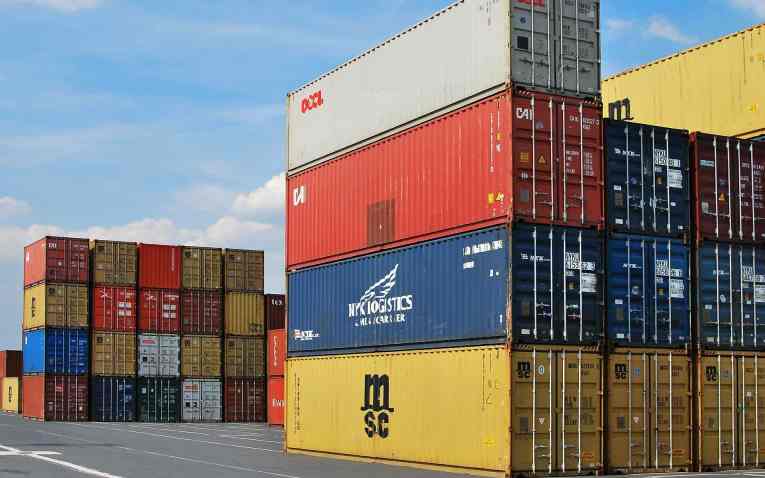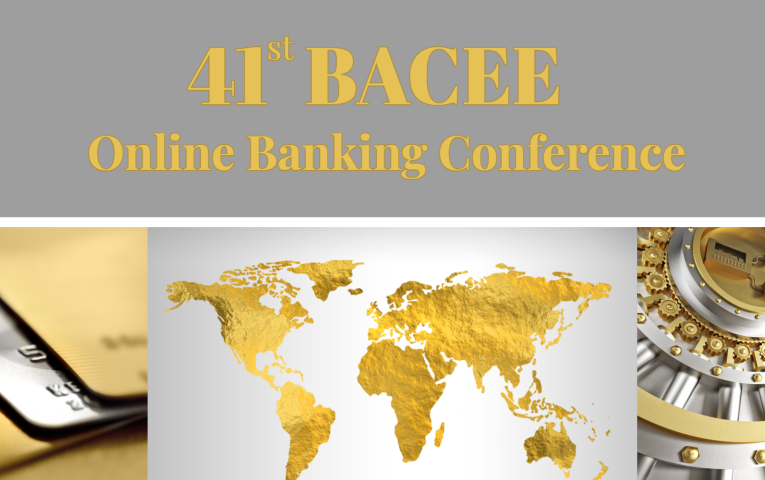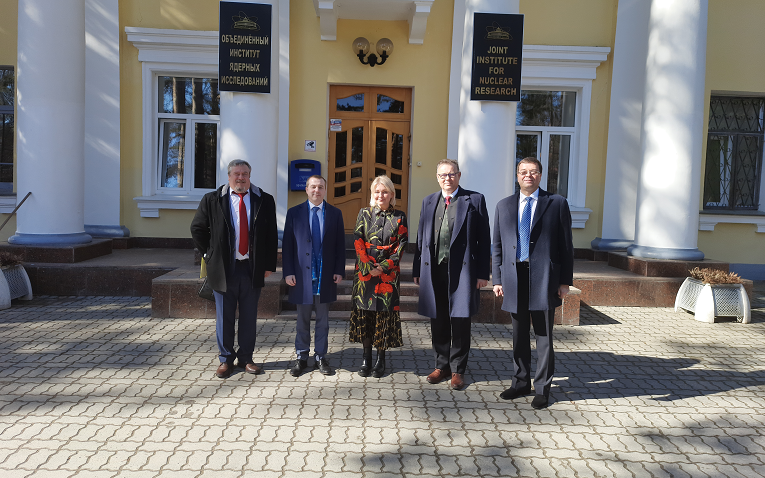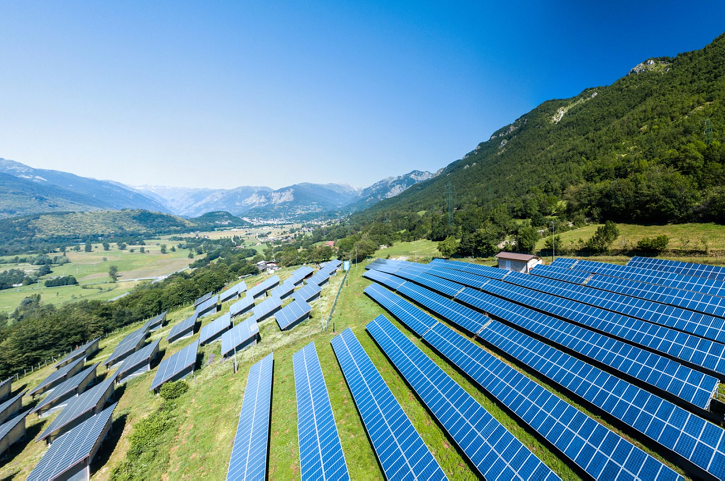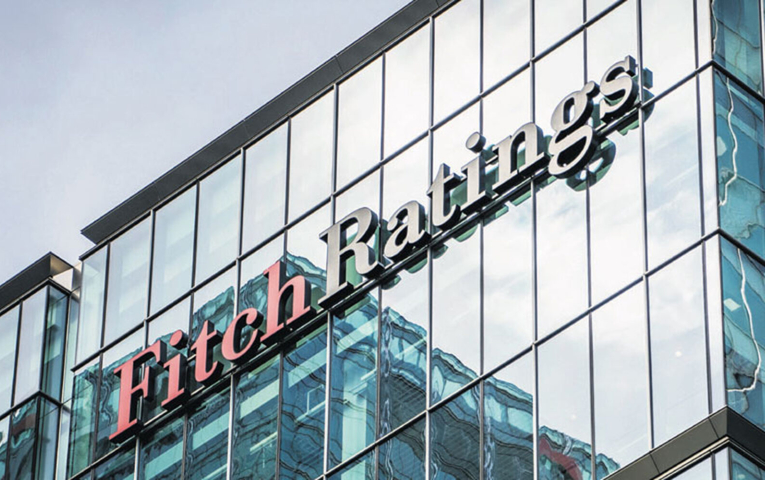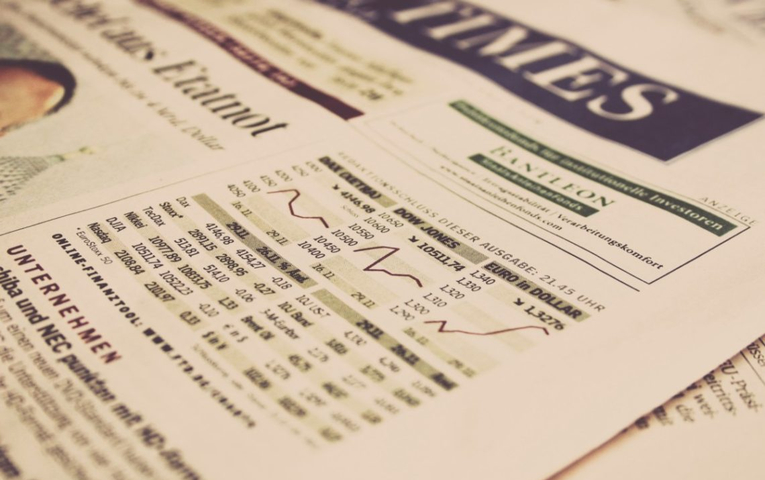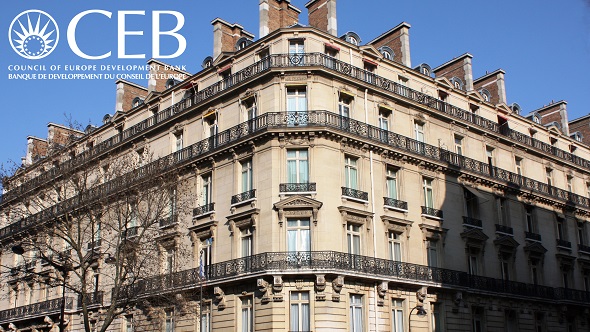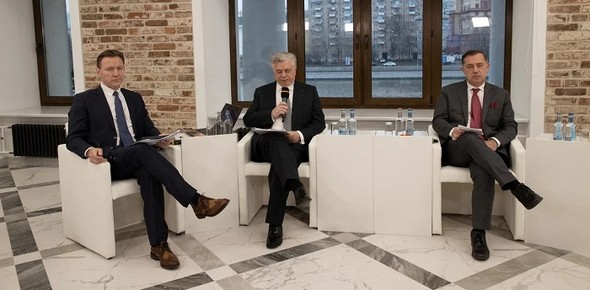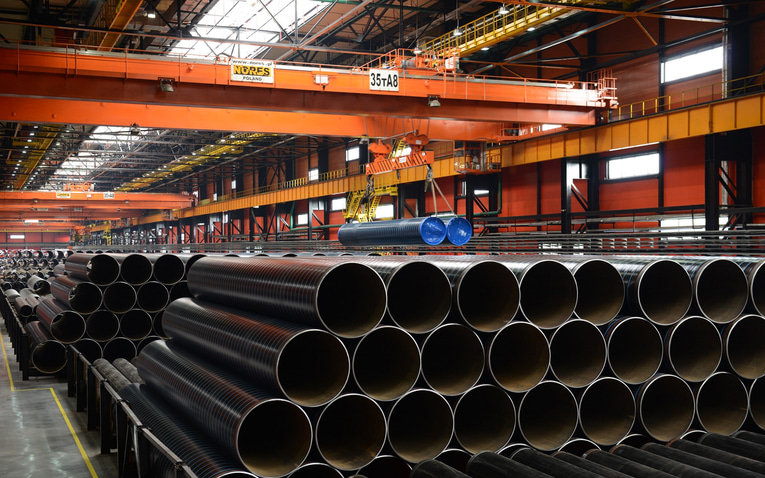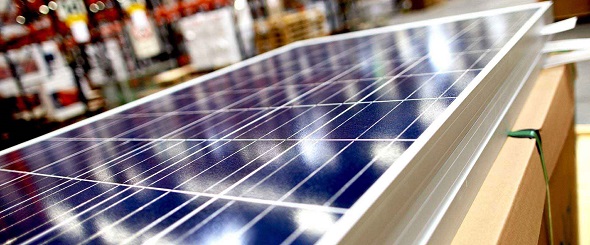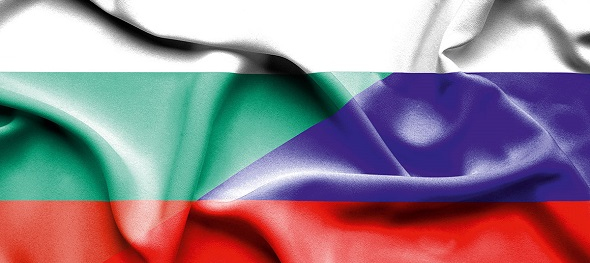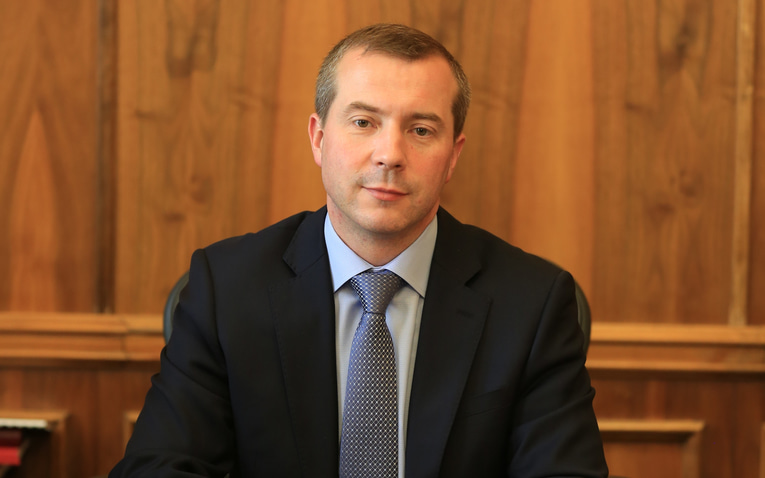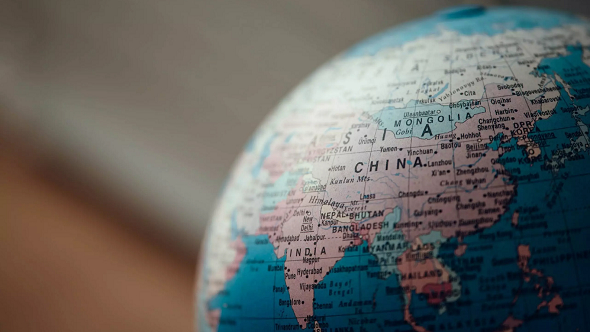The International Bank for Economic Co-operation has summed up the preliminary results of its work in the first half of 2021. This is the first reporting period when the Bank operated in the paradigm of the new medium-term development strategy. The document, approved by the IBEC Council at the end of 2020, is based on the principle of "growth for stability", and already now the Bank's results indicate the correct approaches to its implementation. An important event was the upgrade of IBEC rating by Fitch to BBB (with a stable outlook) in March 2021 . This July, against the background of strengthening financial stability, the Bank's loan and documentary portfolio has grown by 20%, and for the first time has exceeded the figure of EUR 500 million, reaching EUR 519 million.
In accordance with the IBEC development strategy, business activity is focused on sustainable development, social and environmental efficiency, support for international trade, development of innovations and infrastructure, and support for SMEs.
IBEC is actively improving country approaches, relying on strategies for each member country. The Bank implements projects with all its shareholders, focusing on the most demanded and topical areas. The general expansion of the geography of activities and the presence in the markets of other countries are also important. IBEC follows the interests of its clients, providing a comfortable service in the cross-boarder regions. In 2021, the Bank continued to carry out operations in Hungary and Uzbekistan, as well as expanded the network of partner banks in the Eurasian space – in Georgia, Kazakhstan, Azerbaijan.
By developing credit and documentary operations, the Bank actively supports the export of its European participants. Loans, letters of credit and guarantees from IBEC ensured supplies of Czech metalworking equipment for further production of transport vehicles and energy equipment to Russia, purchases of metallurgical products in Bulgaria for Romanian manufacturers of metal structures, sale of Polish motor transport to Uzbekistan, delivery of Czech L-410 aircraft for the state-owned enterprise Khabarovsk Airlines, support for gas infrastructure in Bulgaria. As part of a strategic partnership with the International Institute for Nuclear Research, IBEC issued guarantees for the procurement of Polish scientific equipment.
Projects such as syndication in favor of the Russian Sovcombank, standby letters of credit for the obligations of the Mongolian Golomt Bank, reverse factoring operations for food industry enterprises in the Czech Republic and Poland are also aimed at stimulating international trade relations.
In the context of the global COVID-19 pandemic, IBEC supports healthcare industry. In particular, the Bank financed import of medical equipment to the Russian Federation, as well as ensured the procurement of pharmaceuticals, by issuing guarantees for transactions of one of the largest Russian distributors of medicines Grand Capital and a large Russian pharmacy chain.
The green economy is also becoming a strategically important area of the IBEC work. The Bank participates in the Green Loan Program of Mongolian TDBM to finance projects of small and medium-sized enterprises aimed at achieving UN Sustainable Development Goals such as clean water and energy, responsible consumption, climate protection, sustainable cities and infrastructure. A program for the supply of equipment for solar power plants has been implemented with the Vietnamese HDbank. IBEC green portfolio already amounts to approximately USD 30 million.
IBEC continues its work on providing support to small and medium-sized enterprises. Thus, in 2021, the Bank financed trade operations between Poland and Uzbekistan for the first time, where Polish SMEs specializing in the automotive sector acted as exporters. IBEC also supported the SME financing deal in Mongolia, confirming the standby letter of credit of Golomt Bank.
The Bank continues to actively work in all key areas, and in the third quarter intends to implement a number of important projects, including in Slovakia, Romania and Vietnam, for a total amount of up to EUR 100 million.
 Ru
Ru Bằng tiếng việt
Bằng tiếng việt
 Mongoloor
Mongoloor

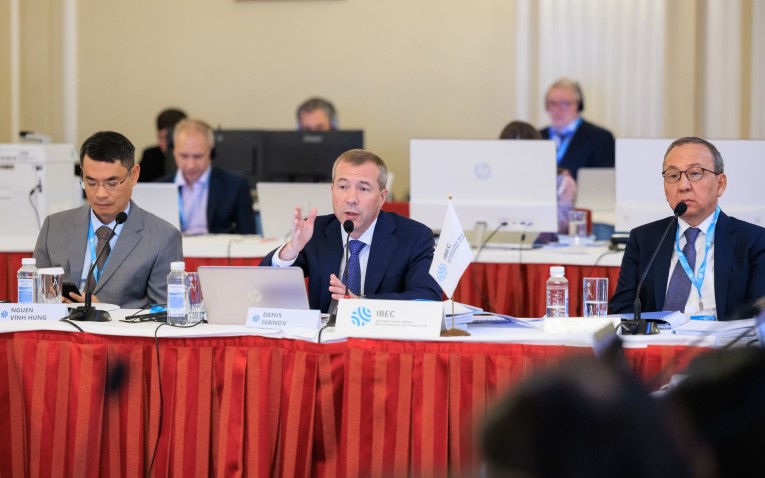
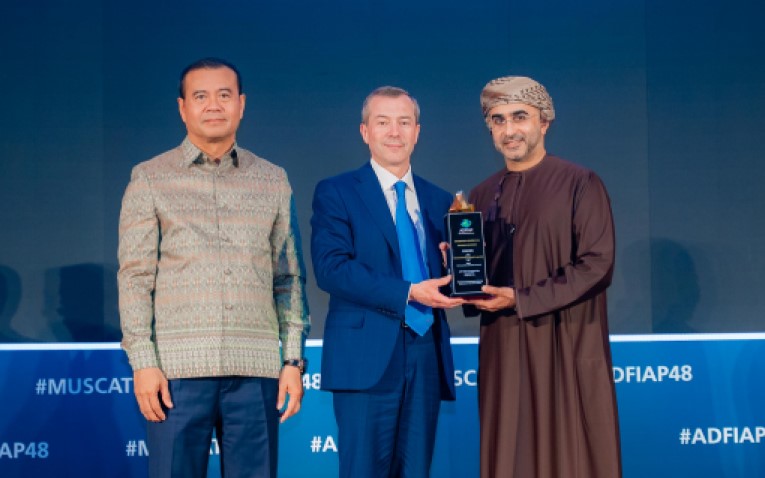
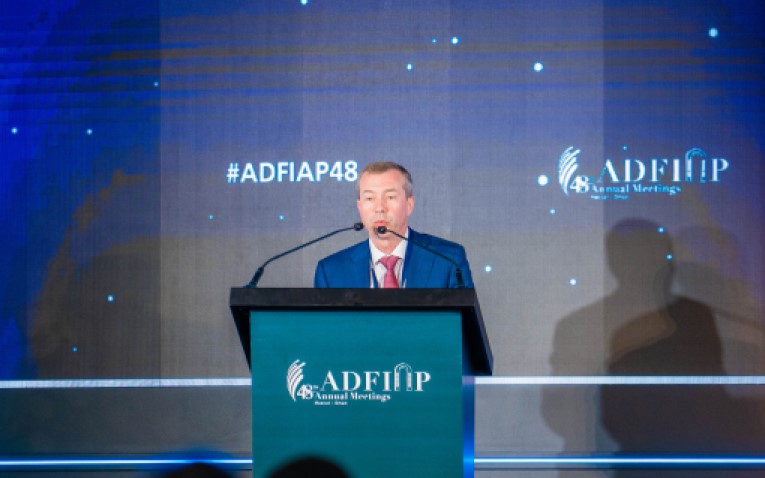
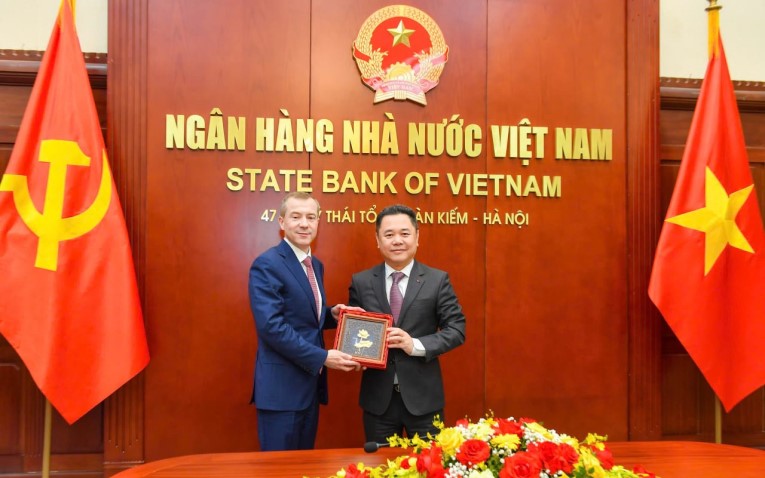
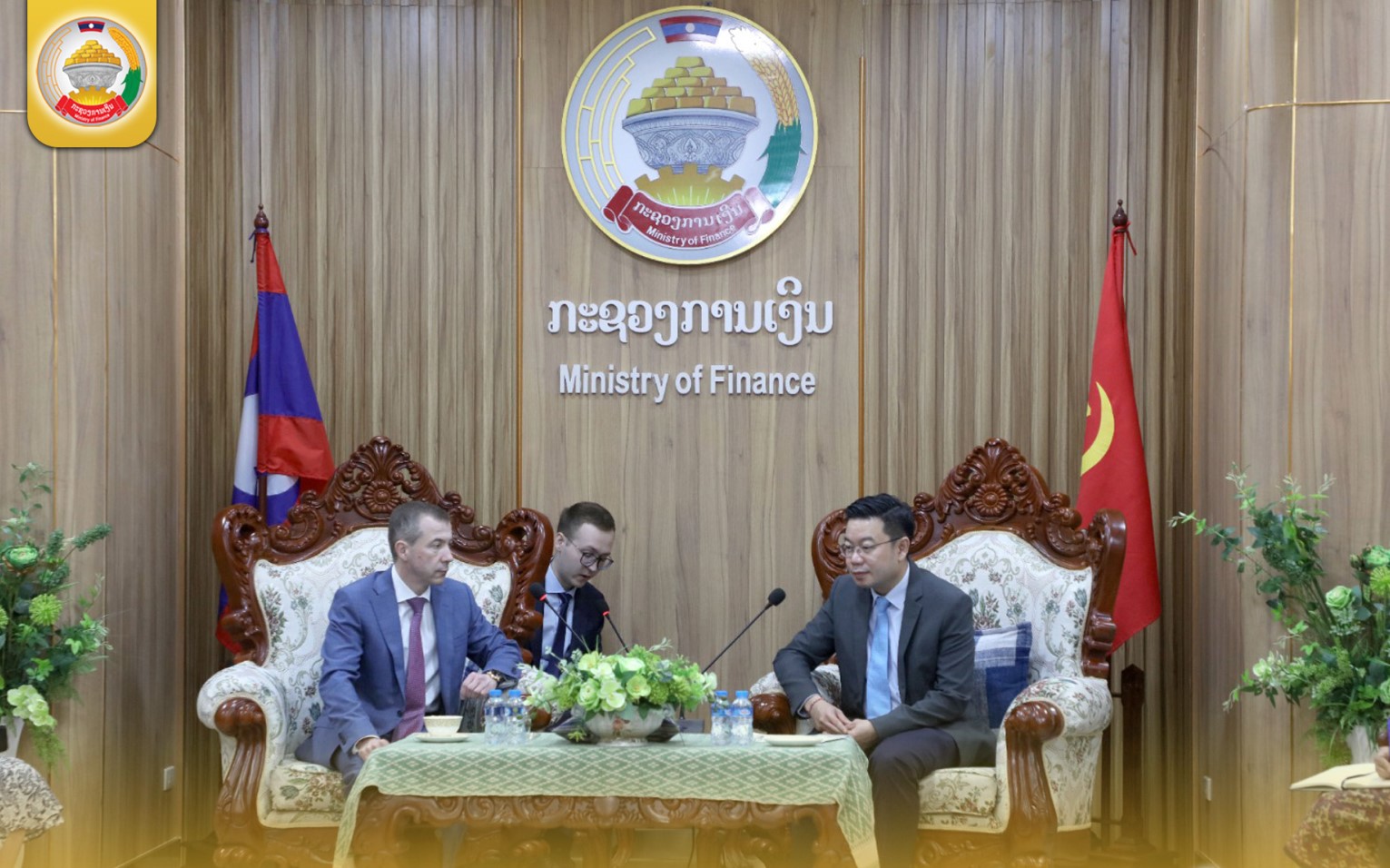

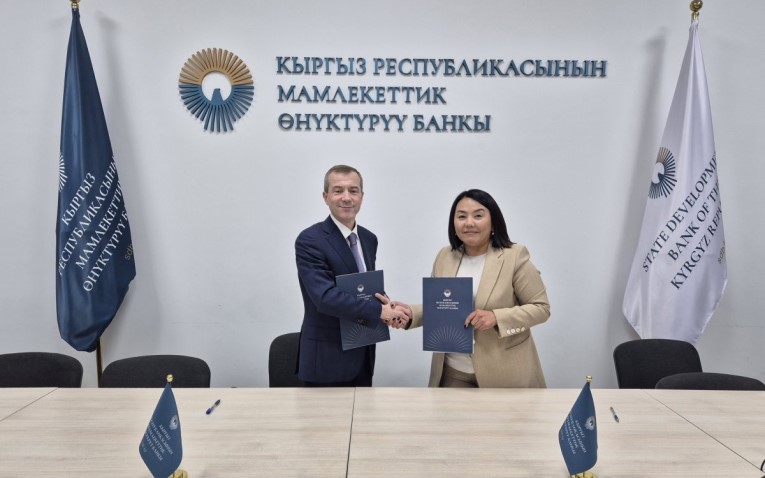


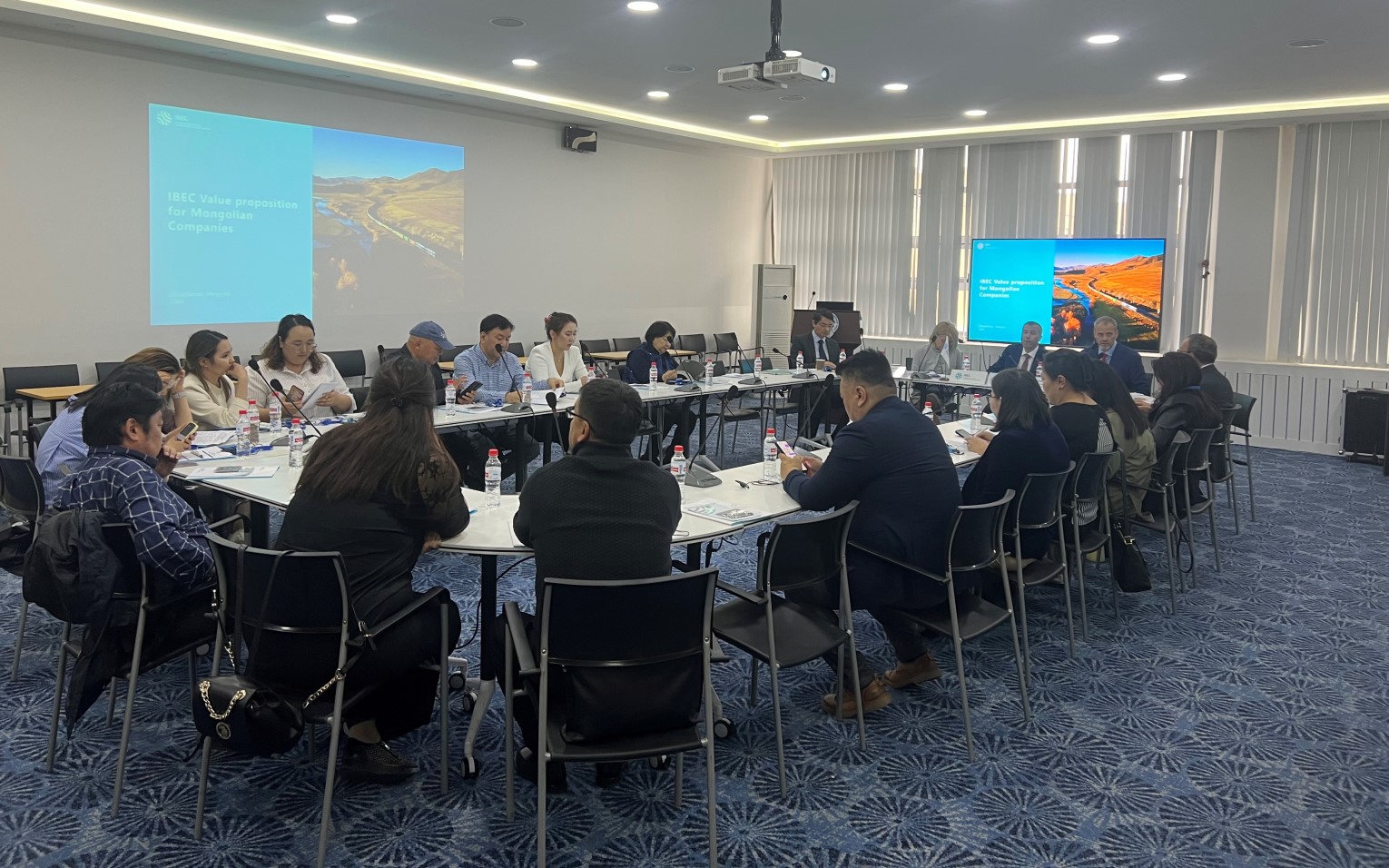
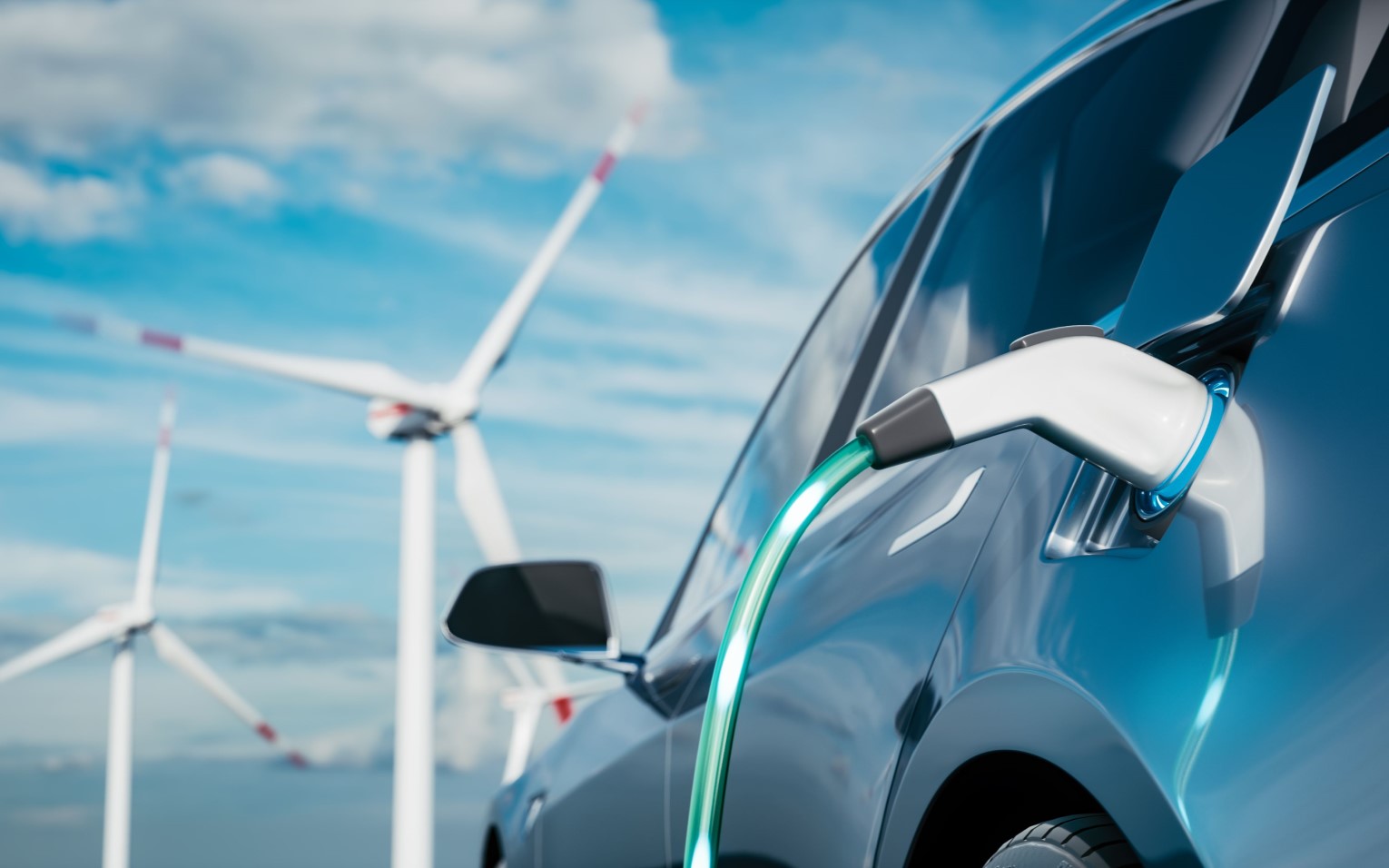

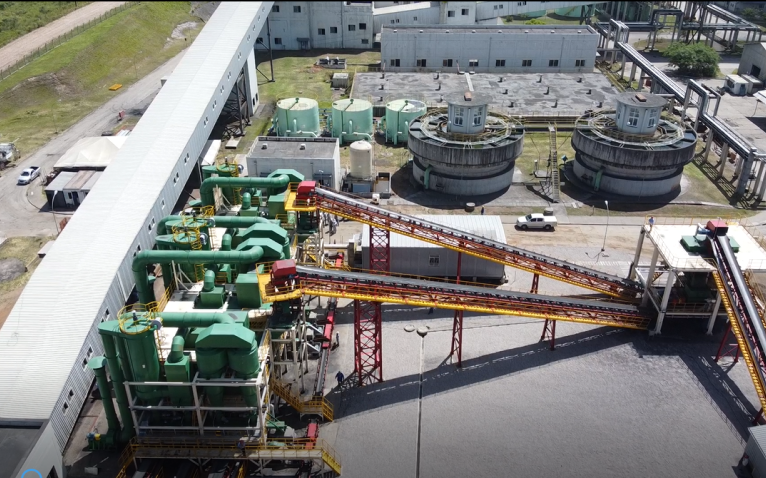


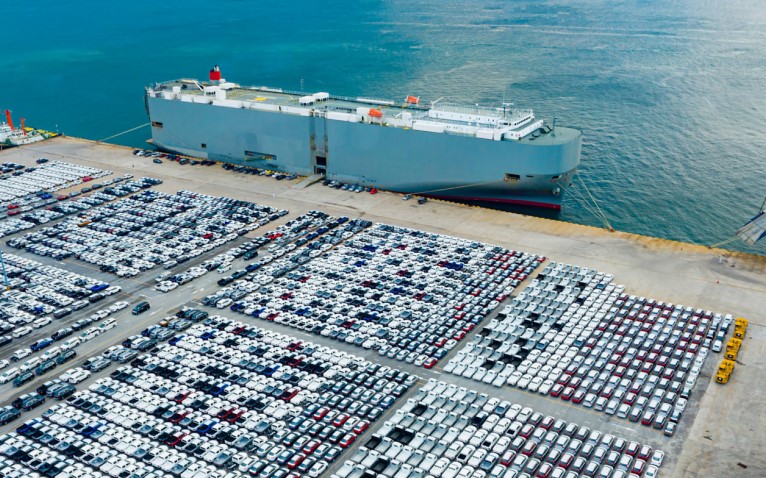
 765X478.jpeg)

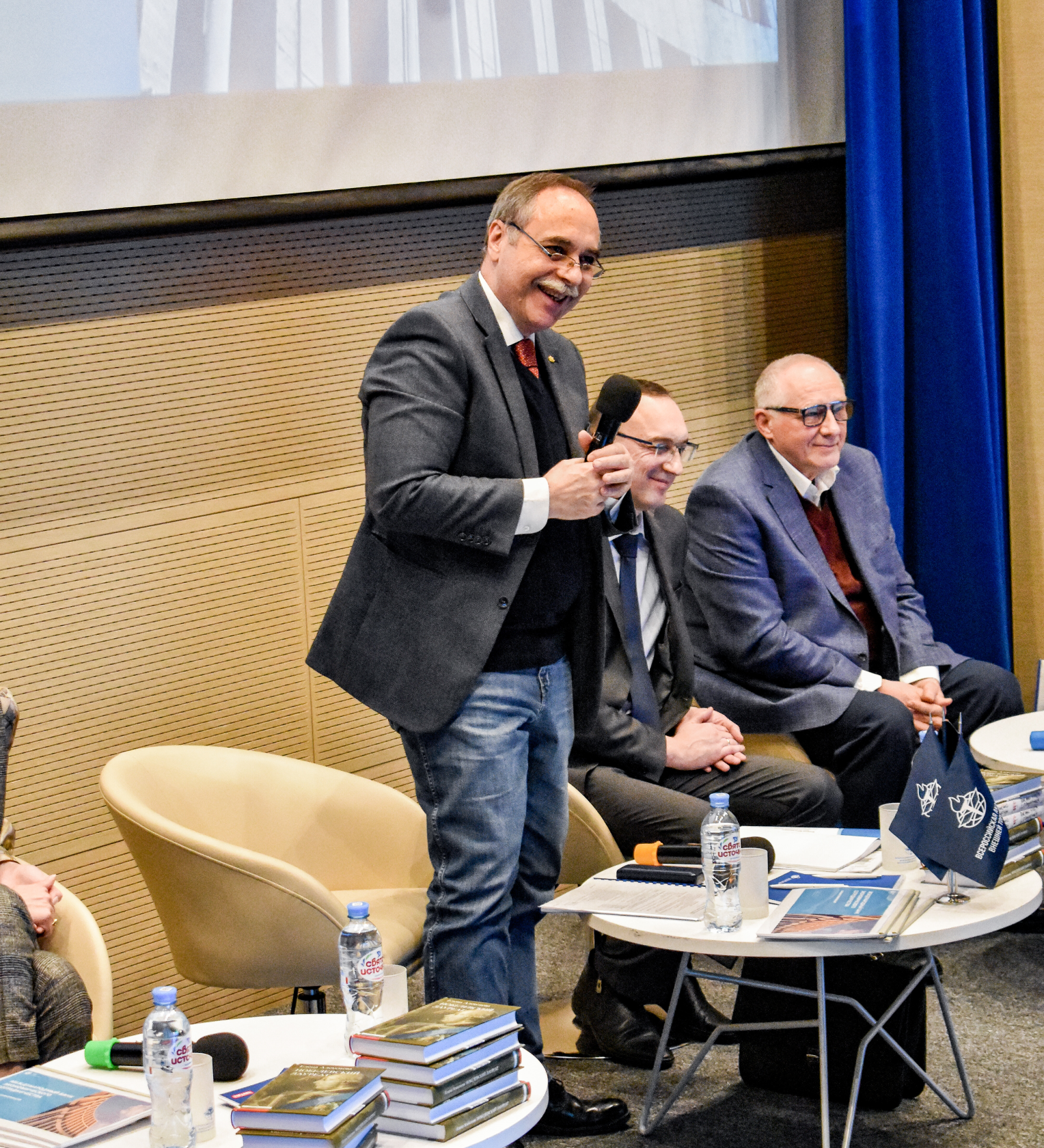
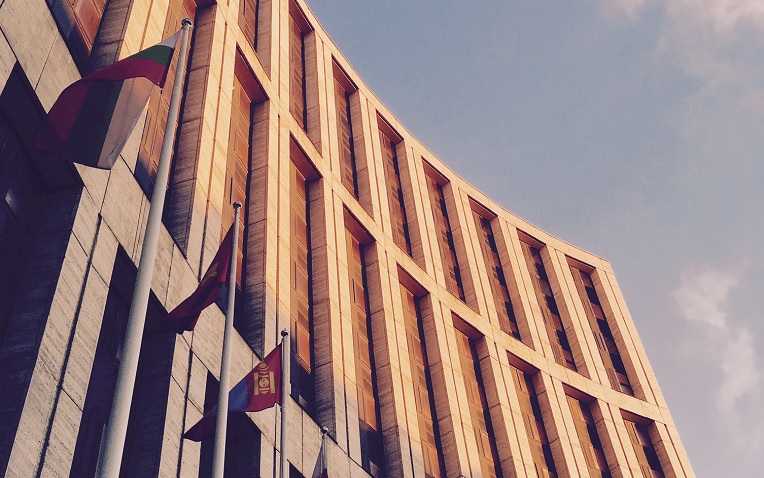
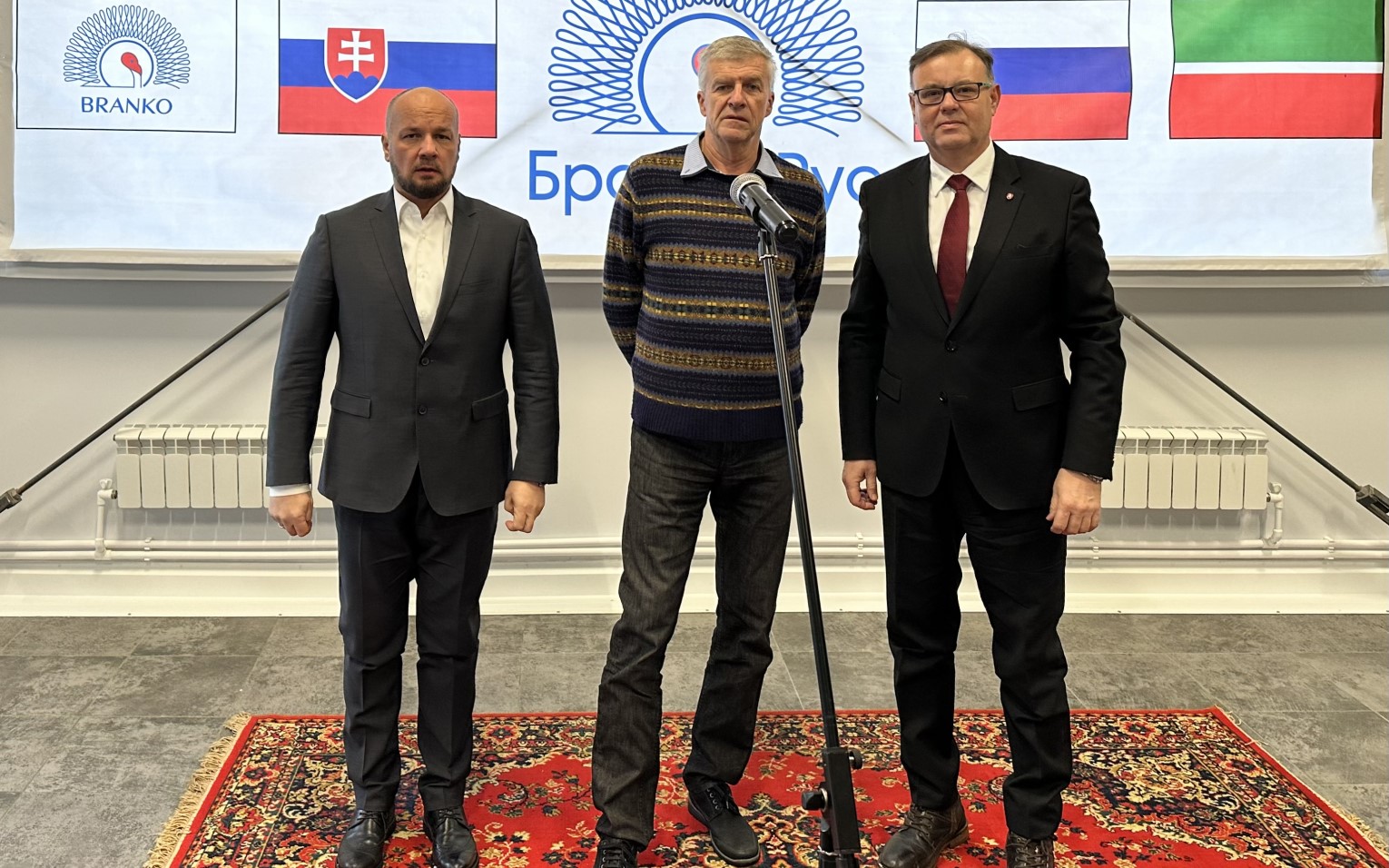
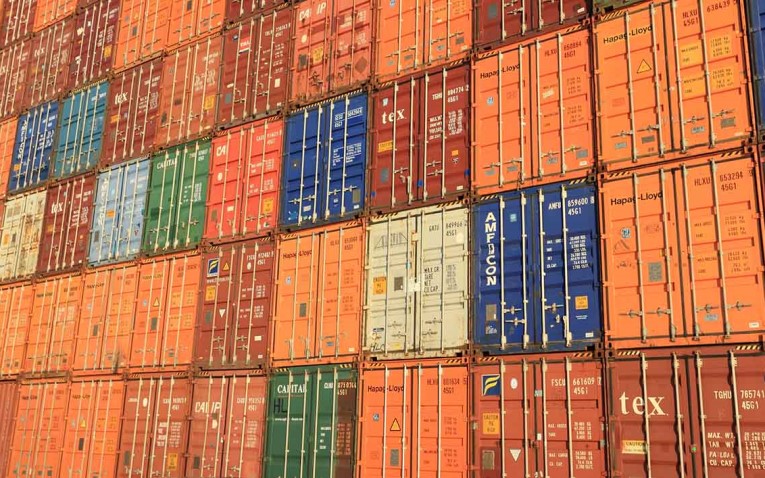
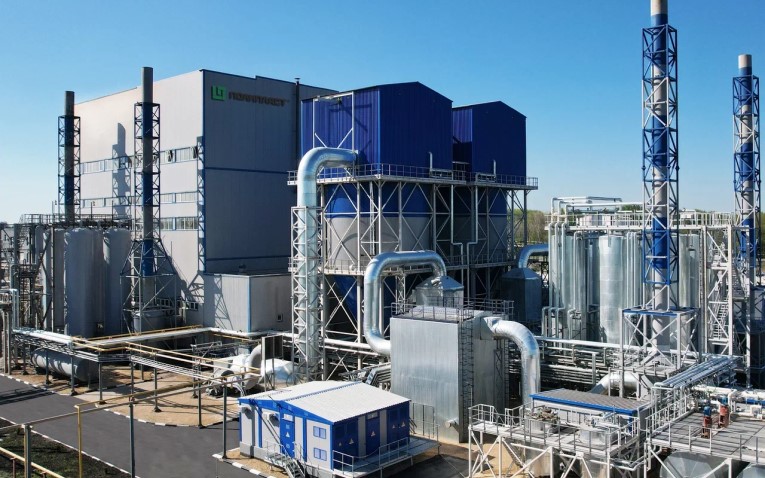


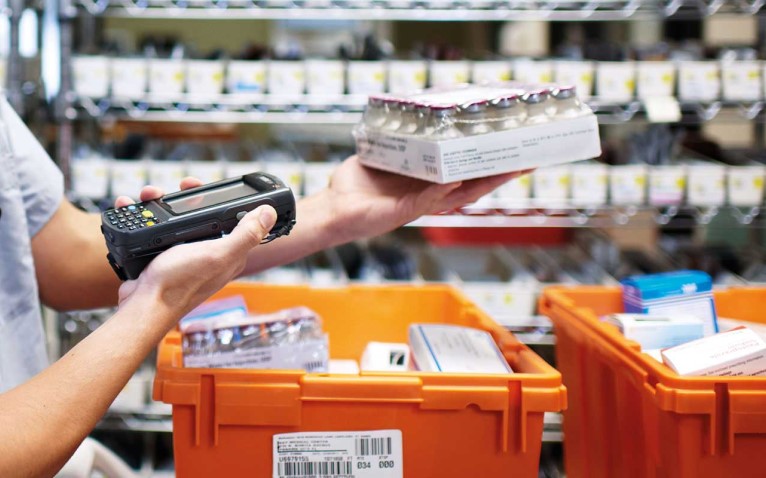
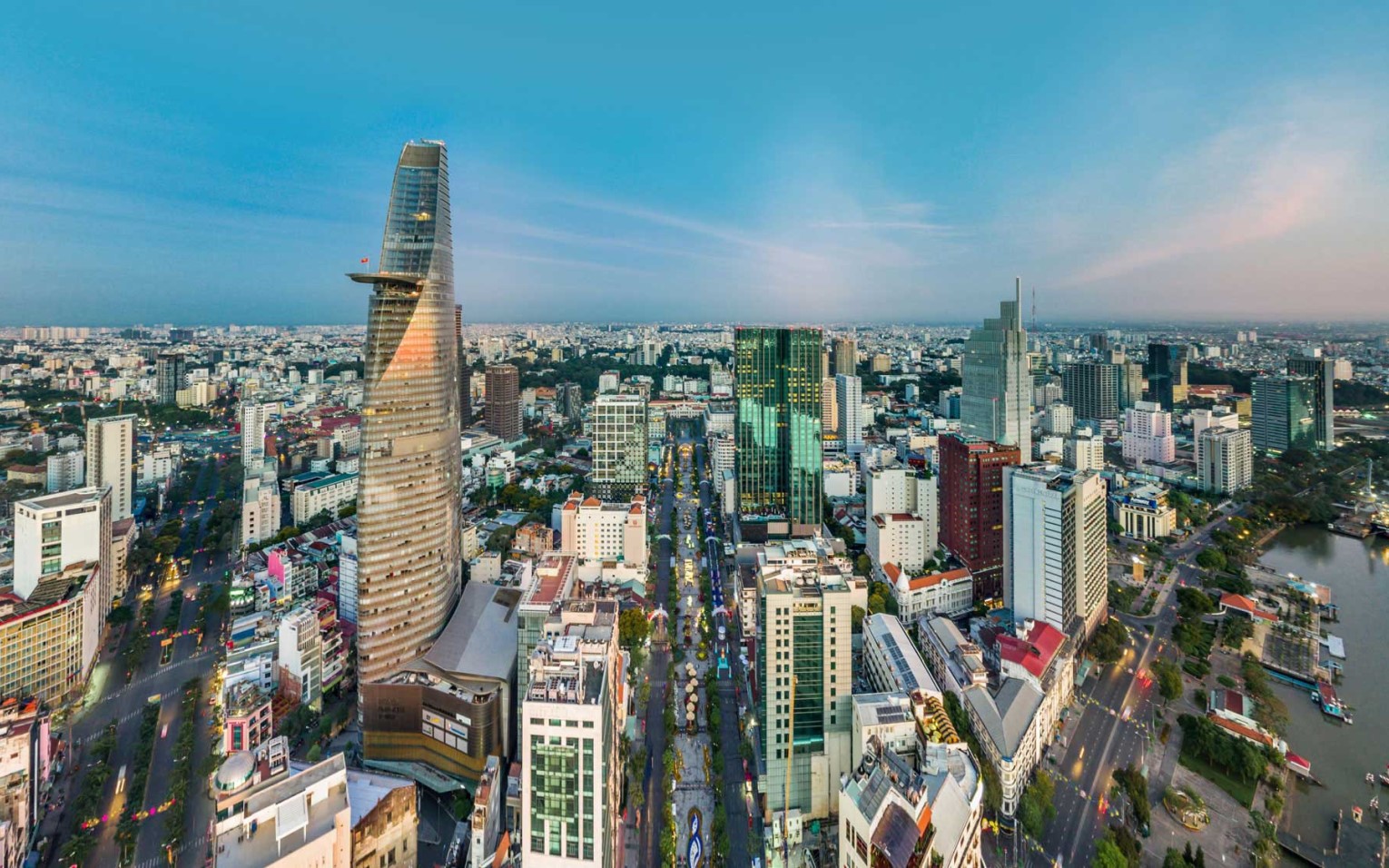

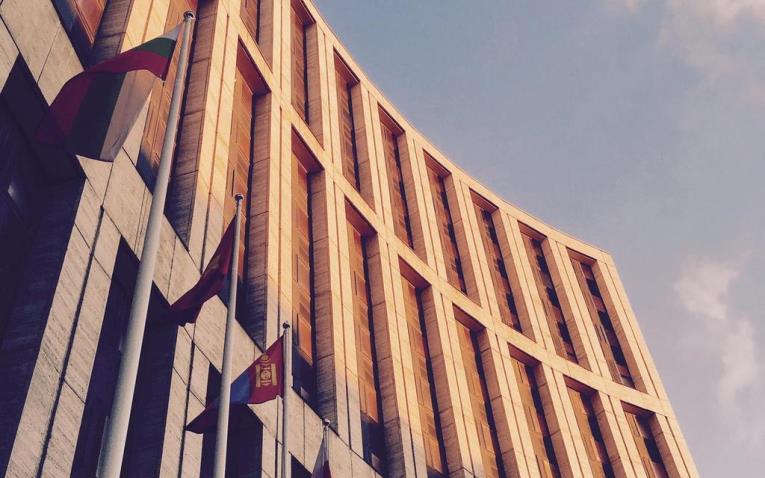


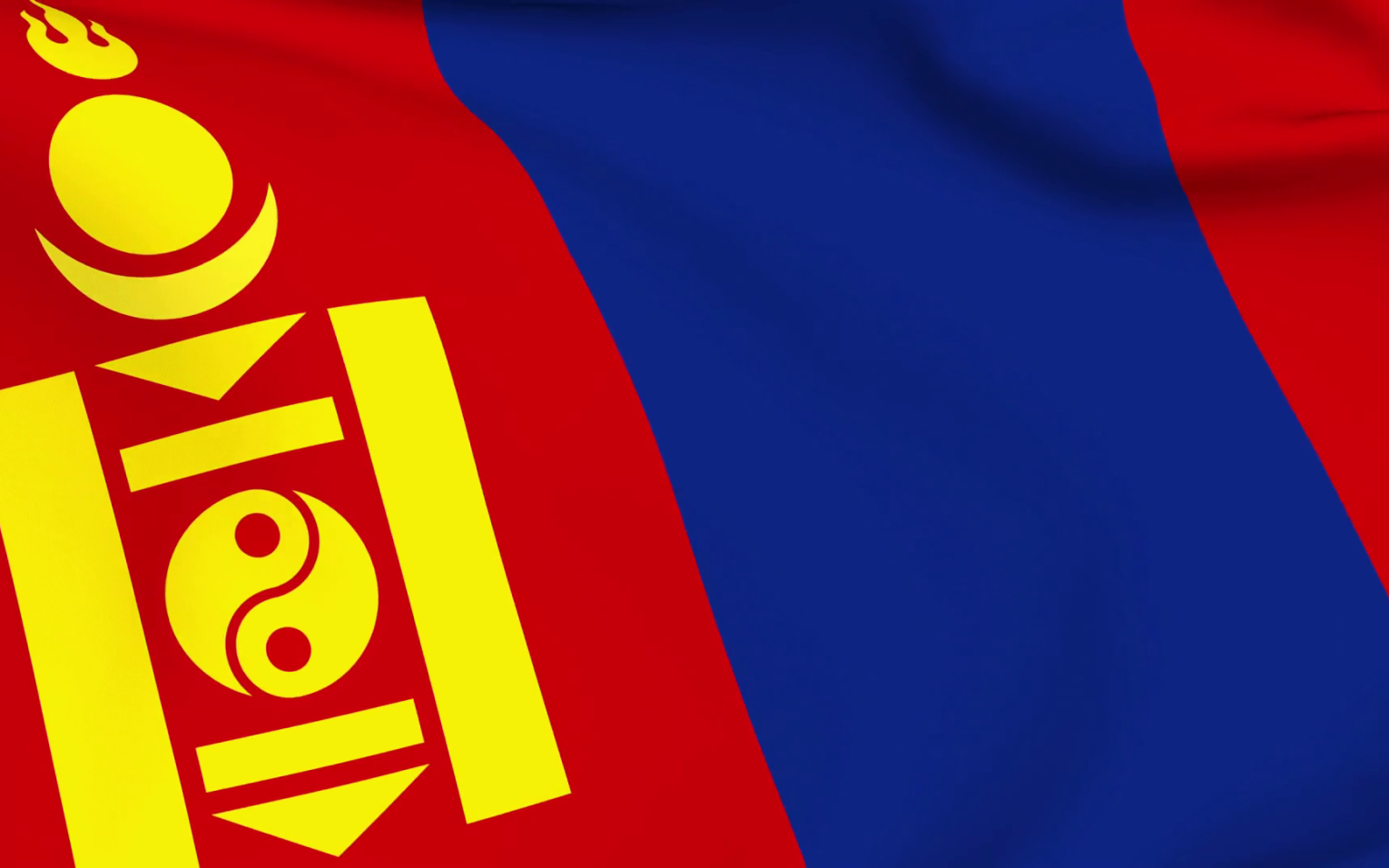
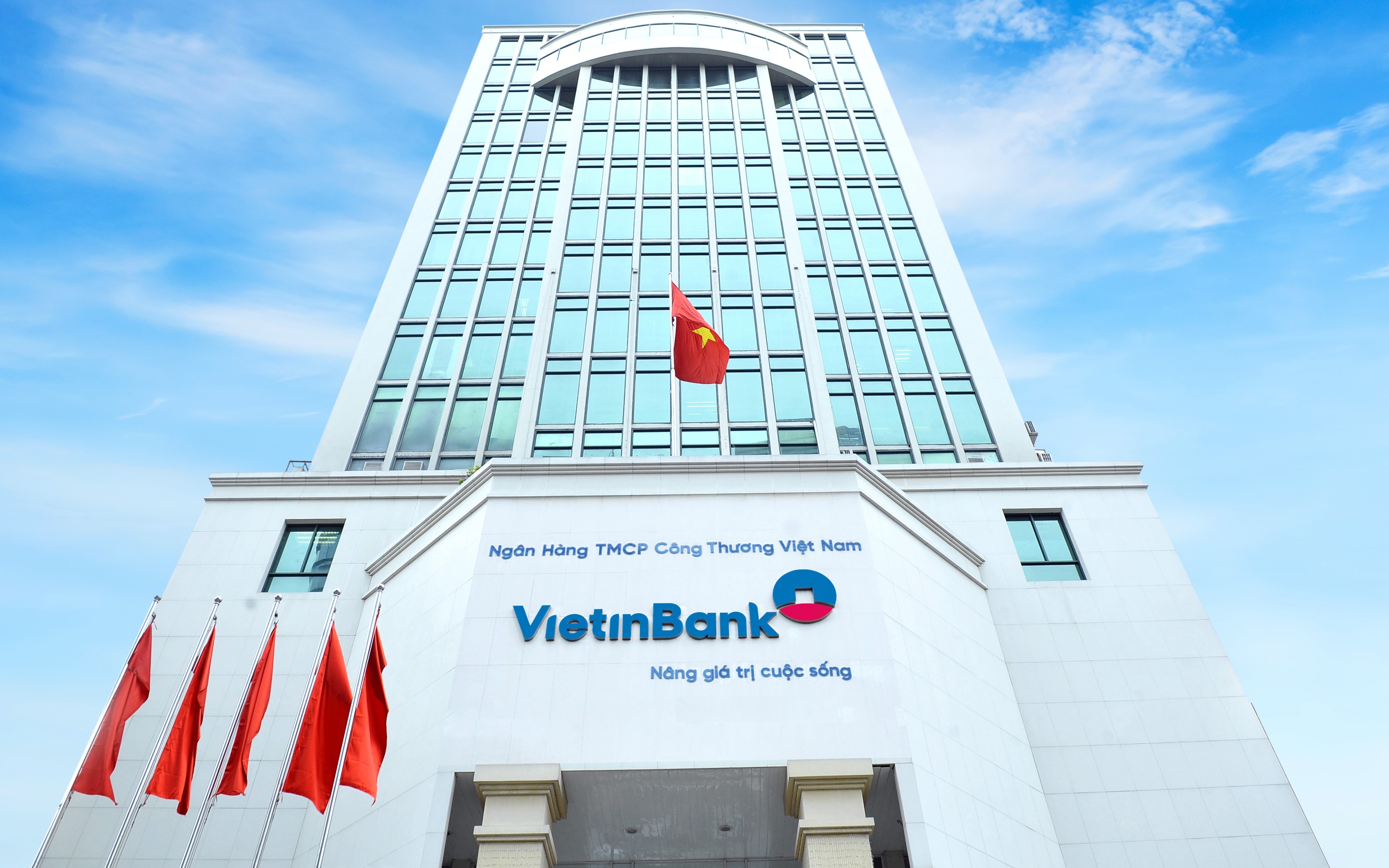
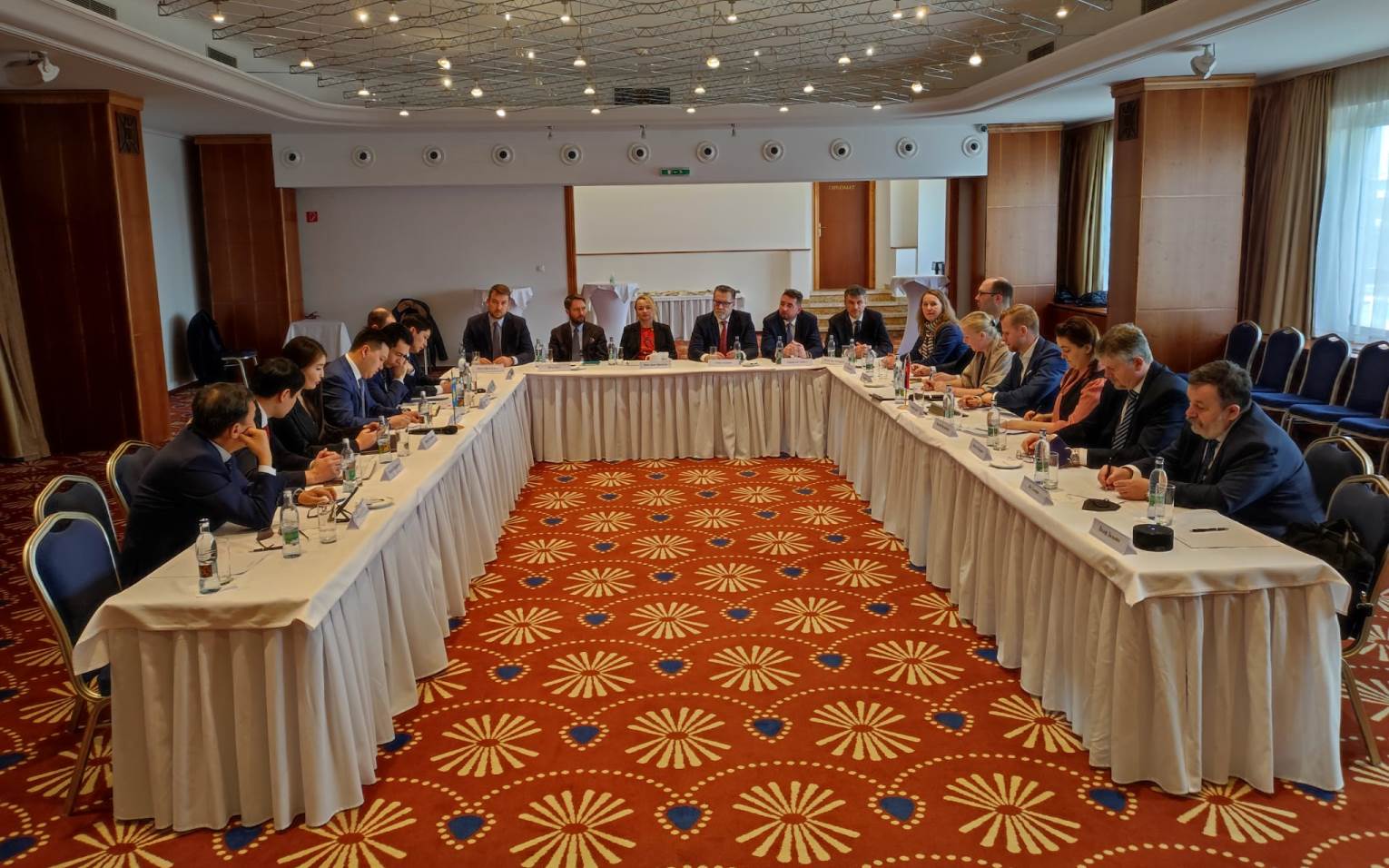
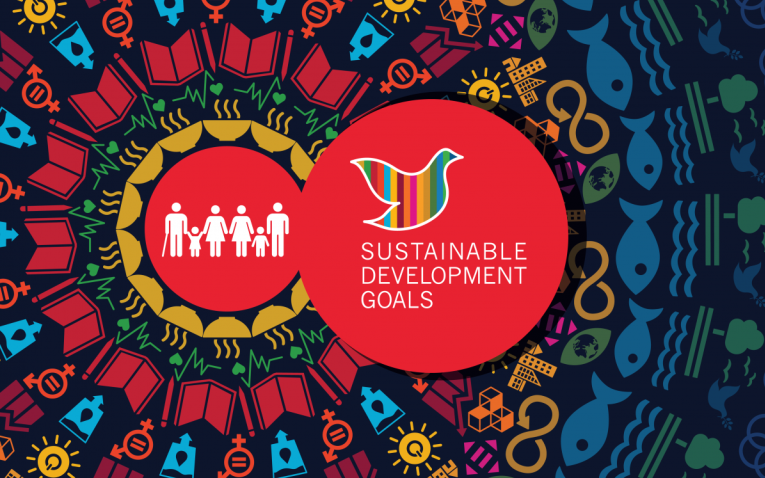

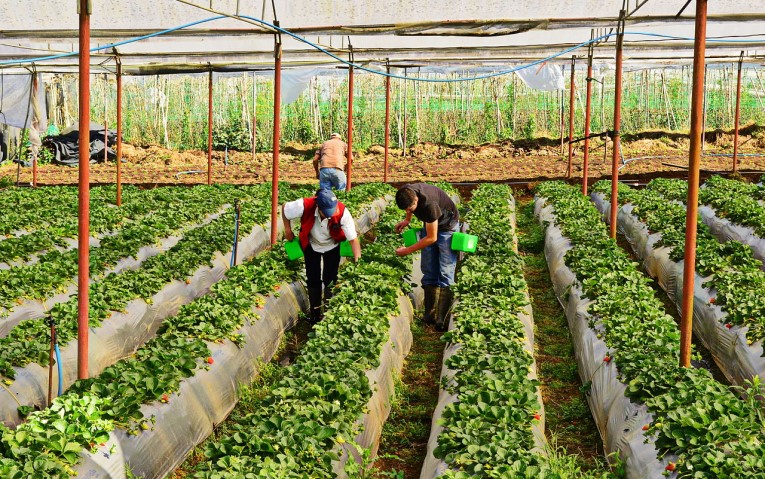

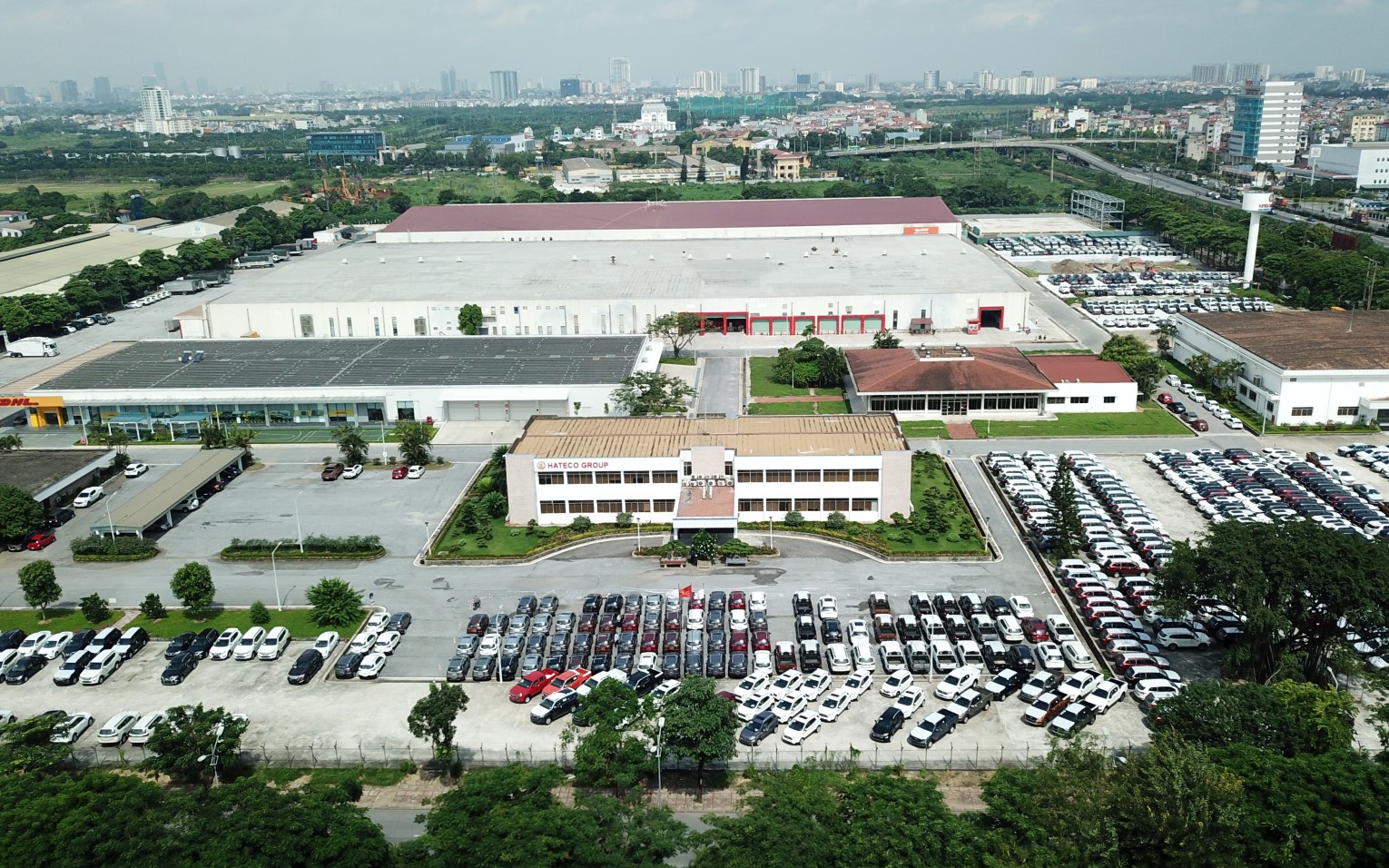
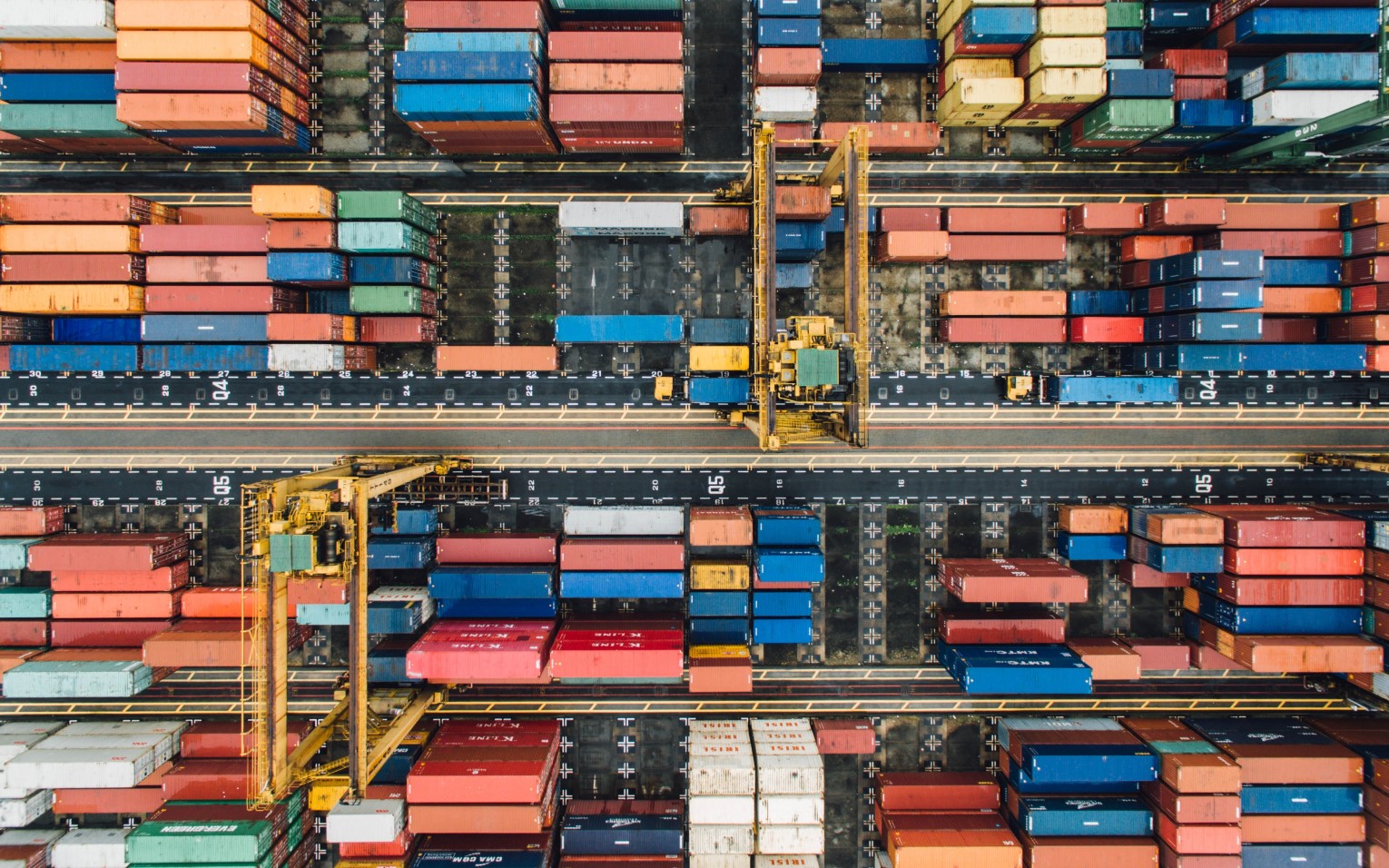
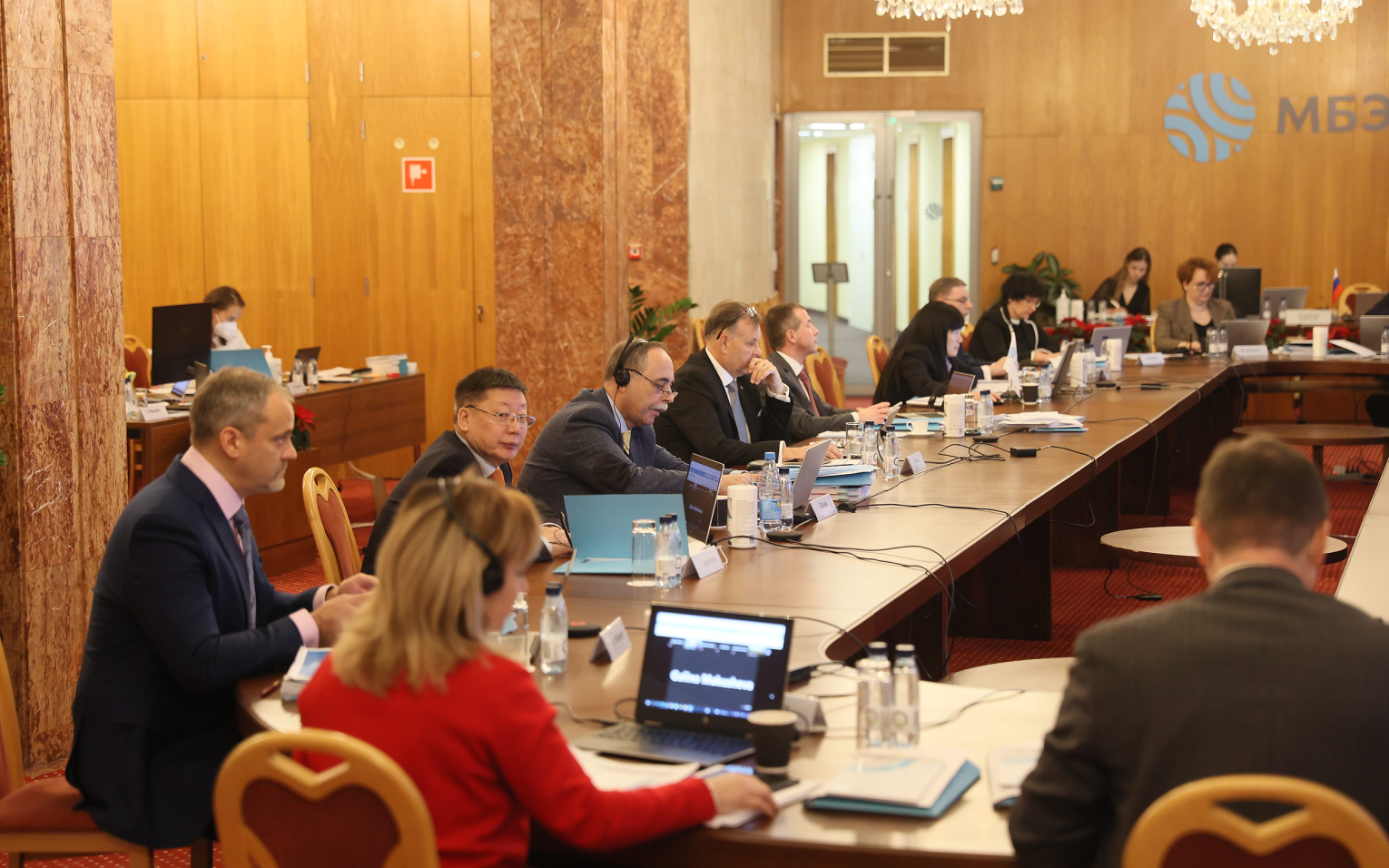
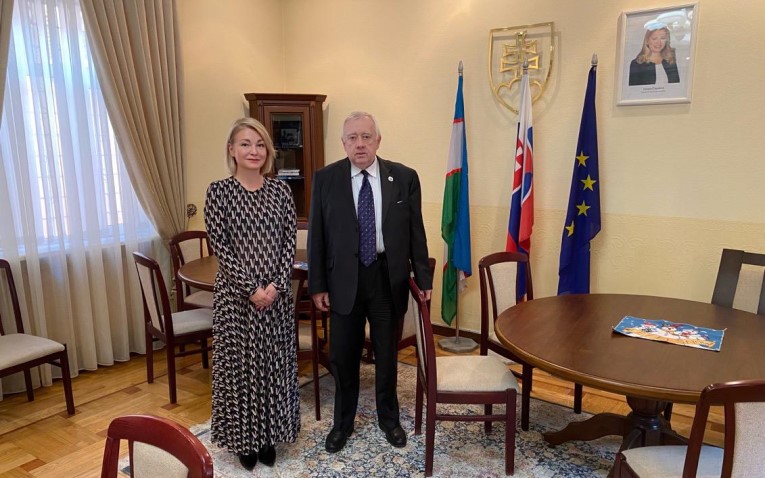


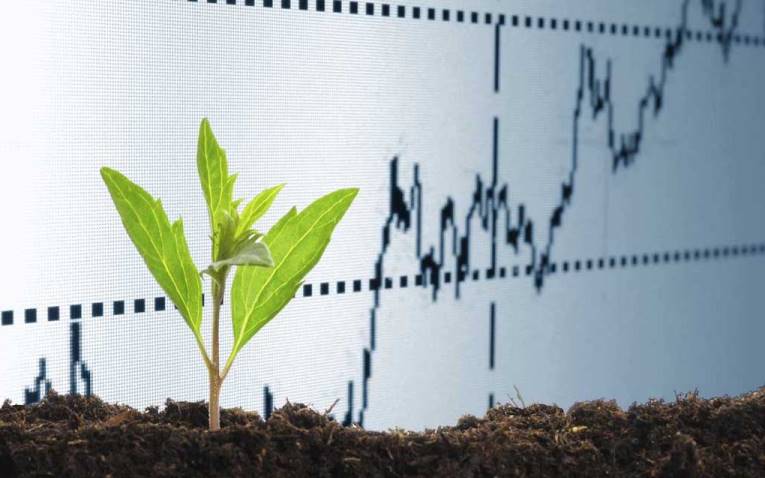
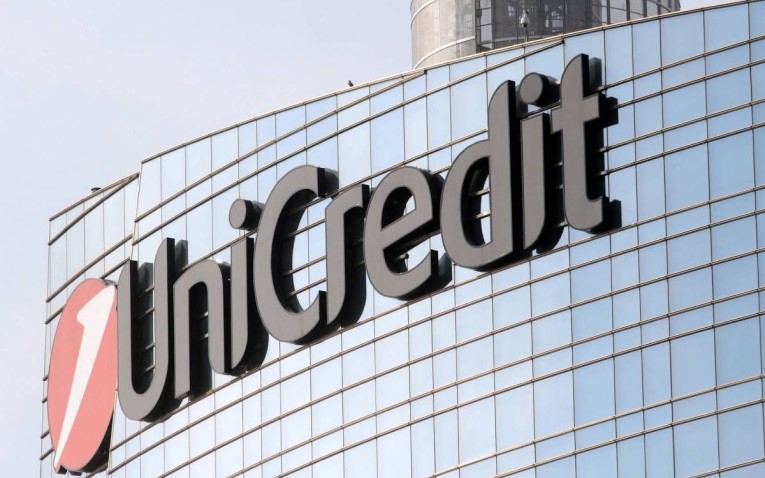
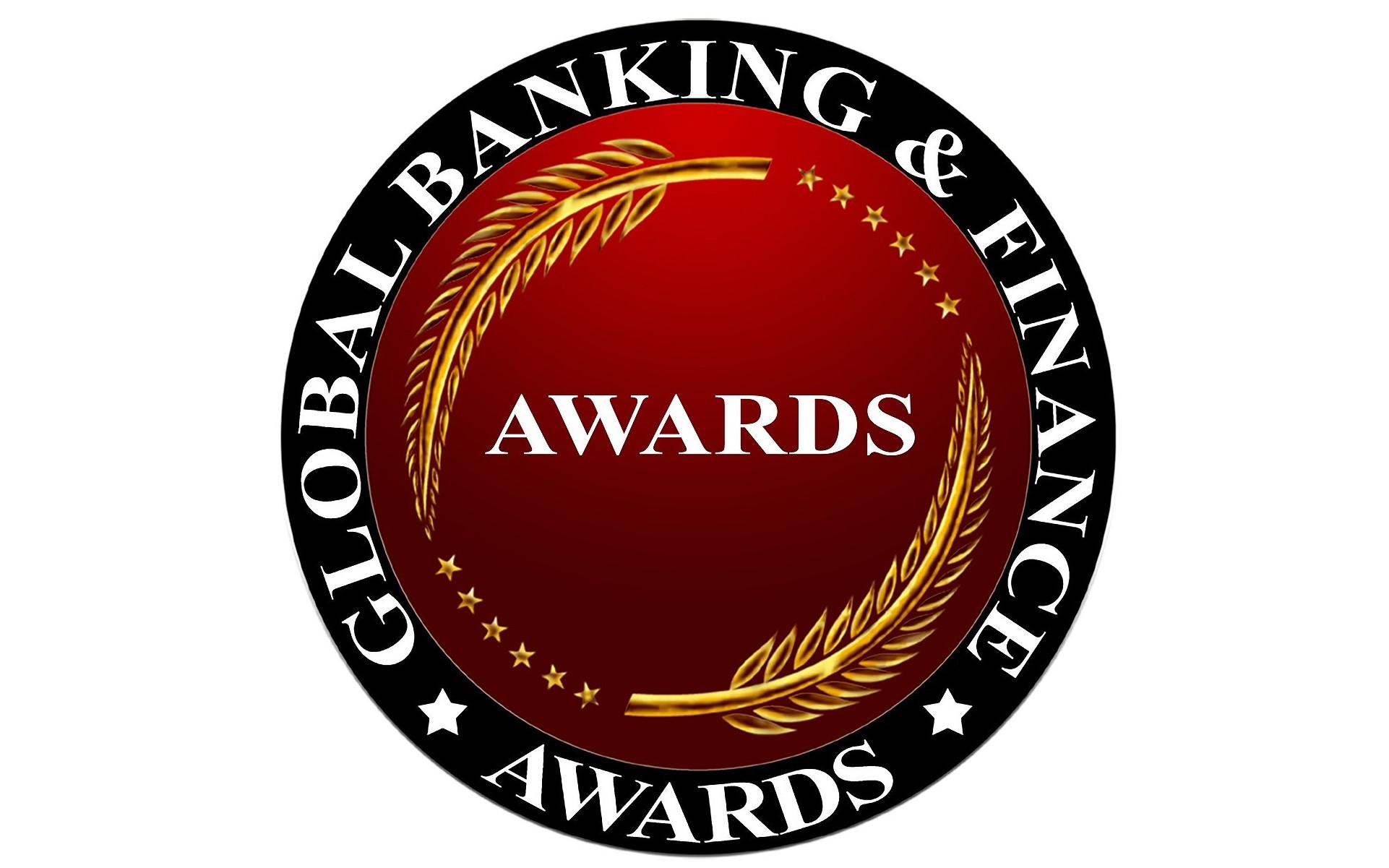
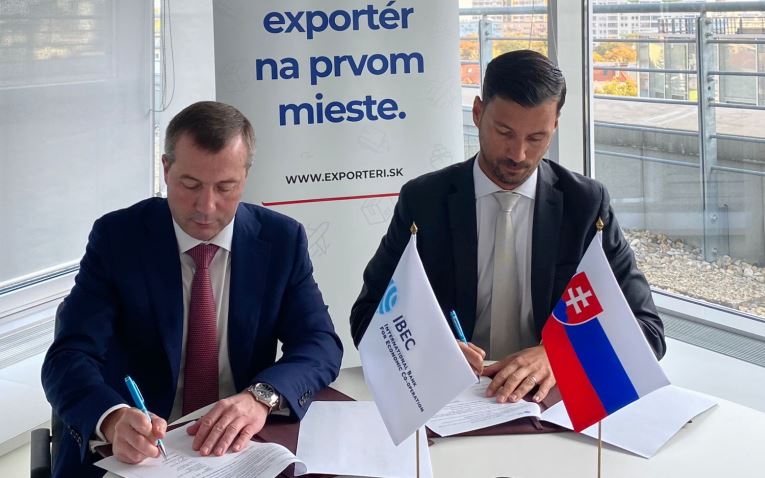
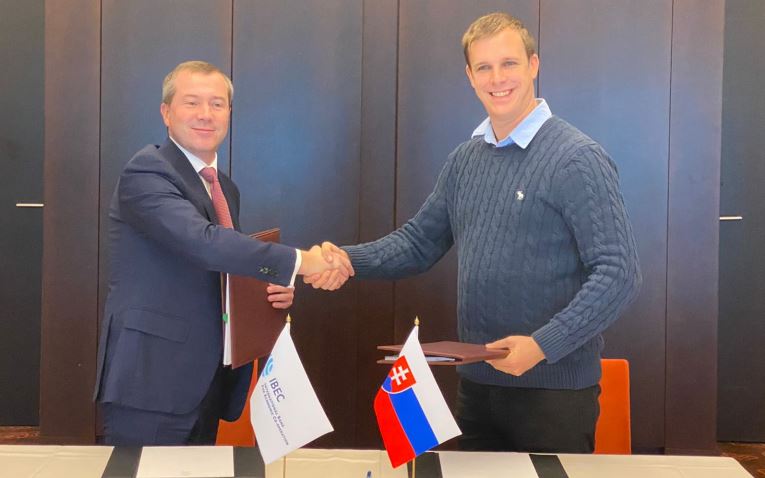

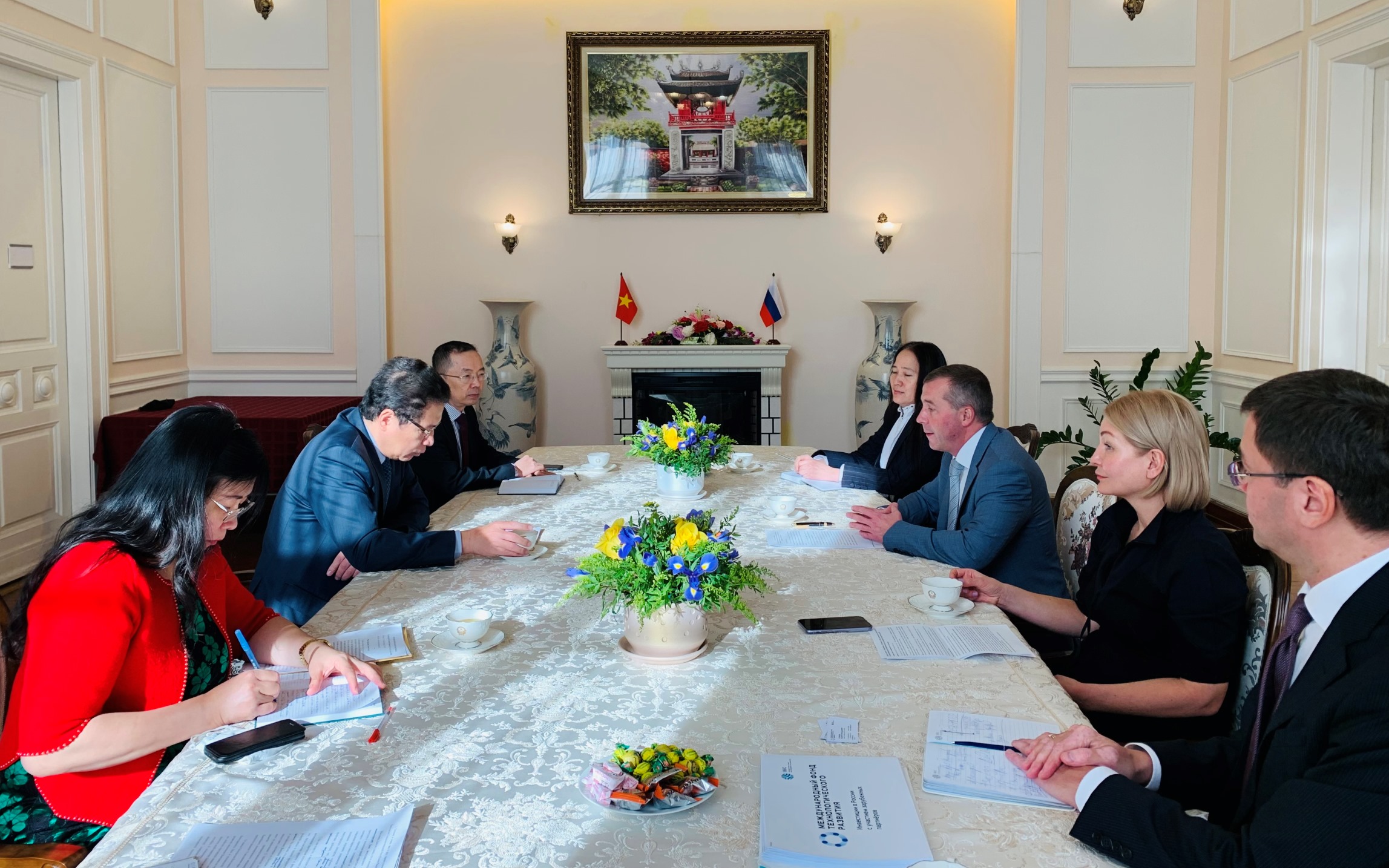

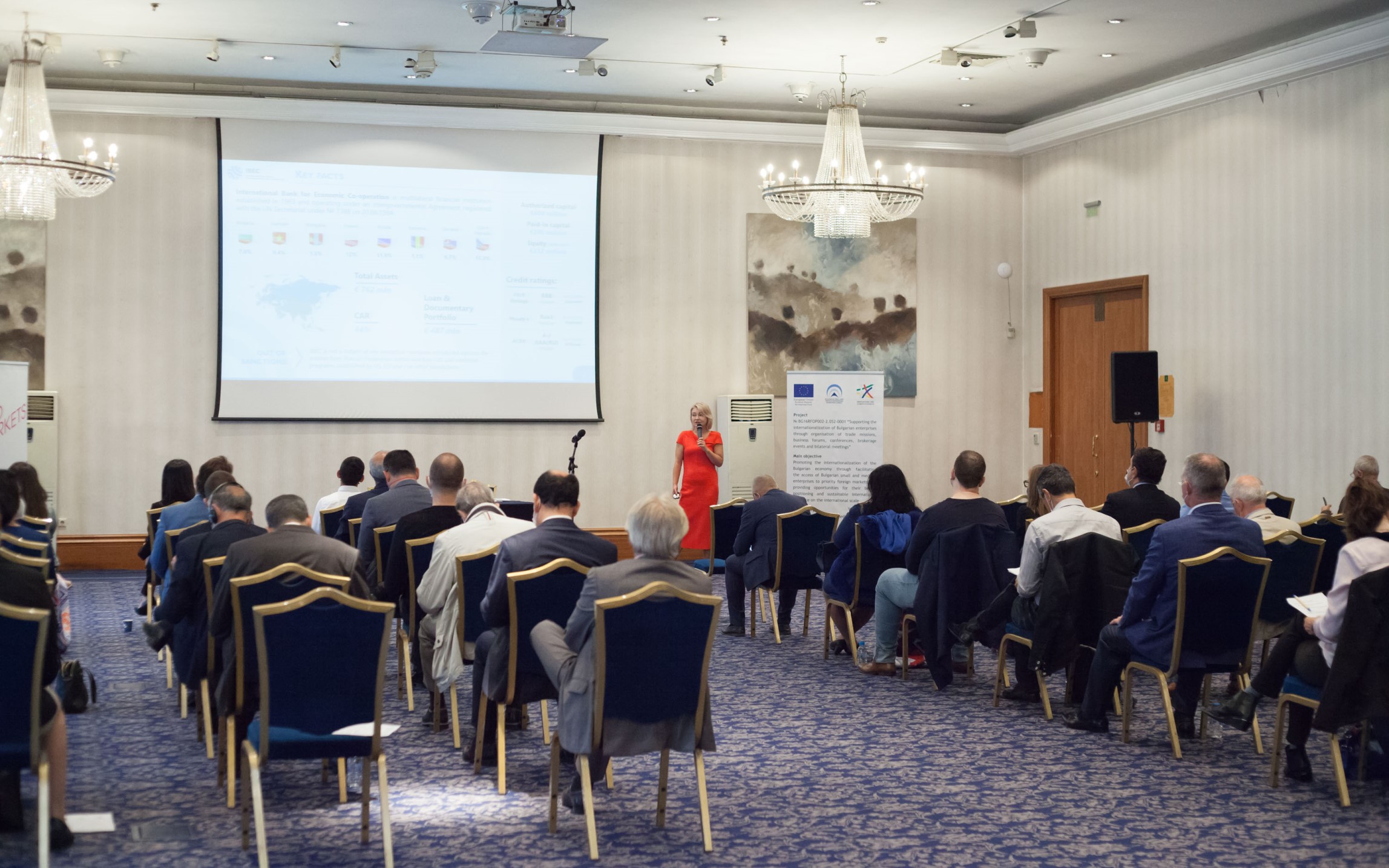

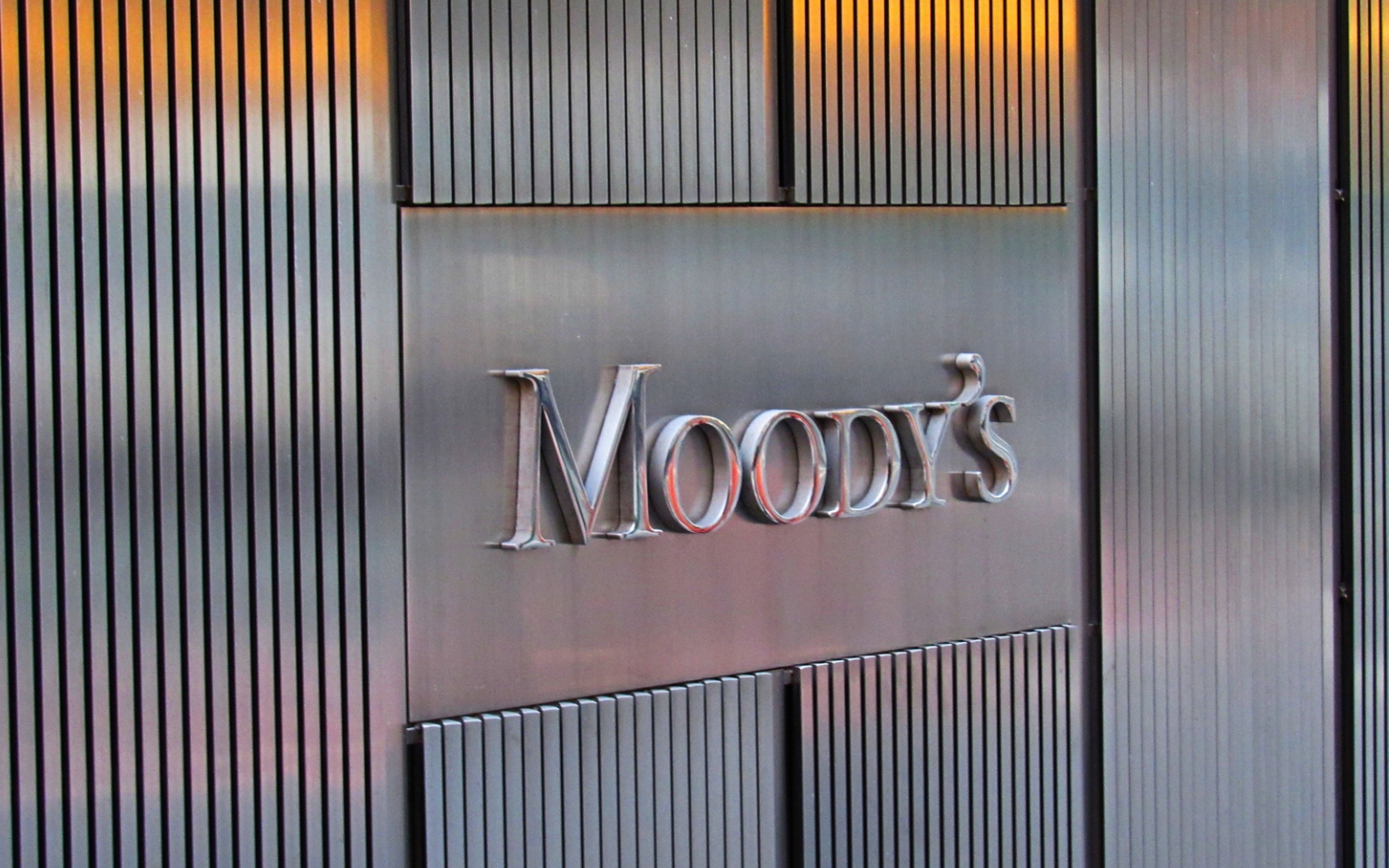
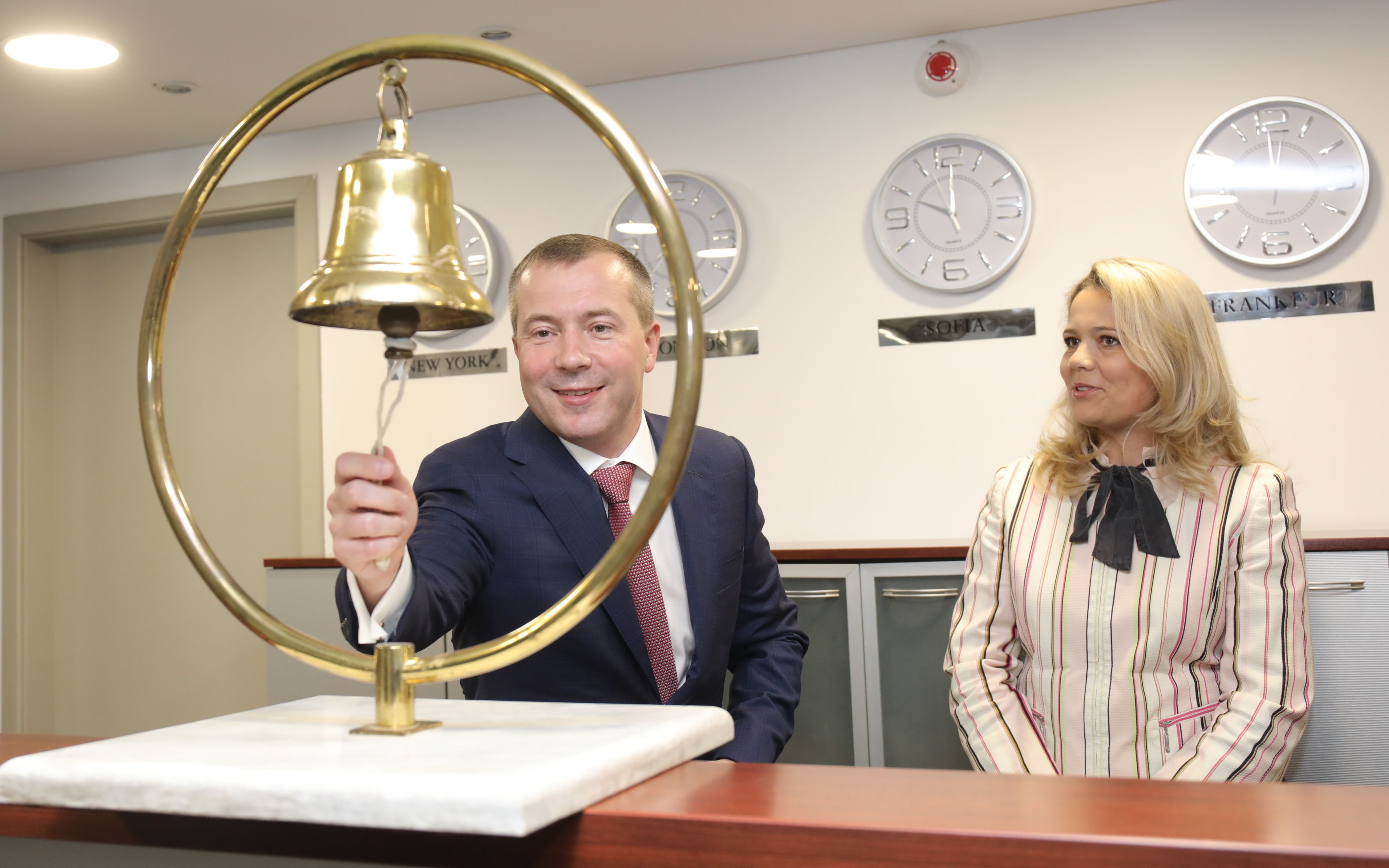


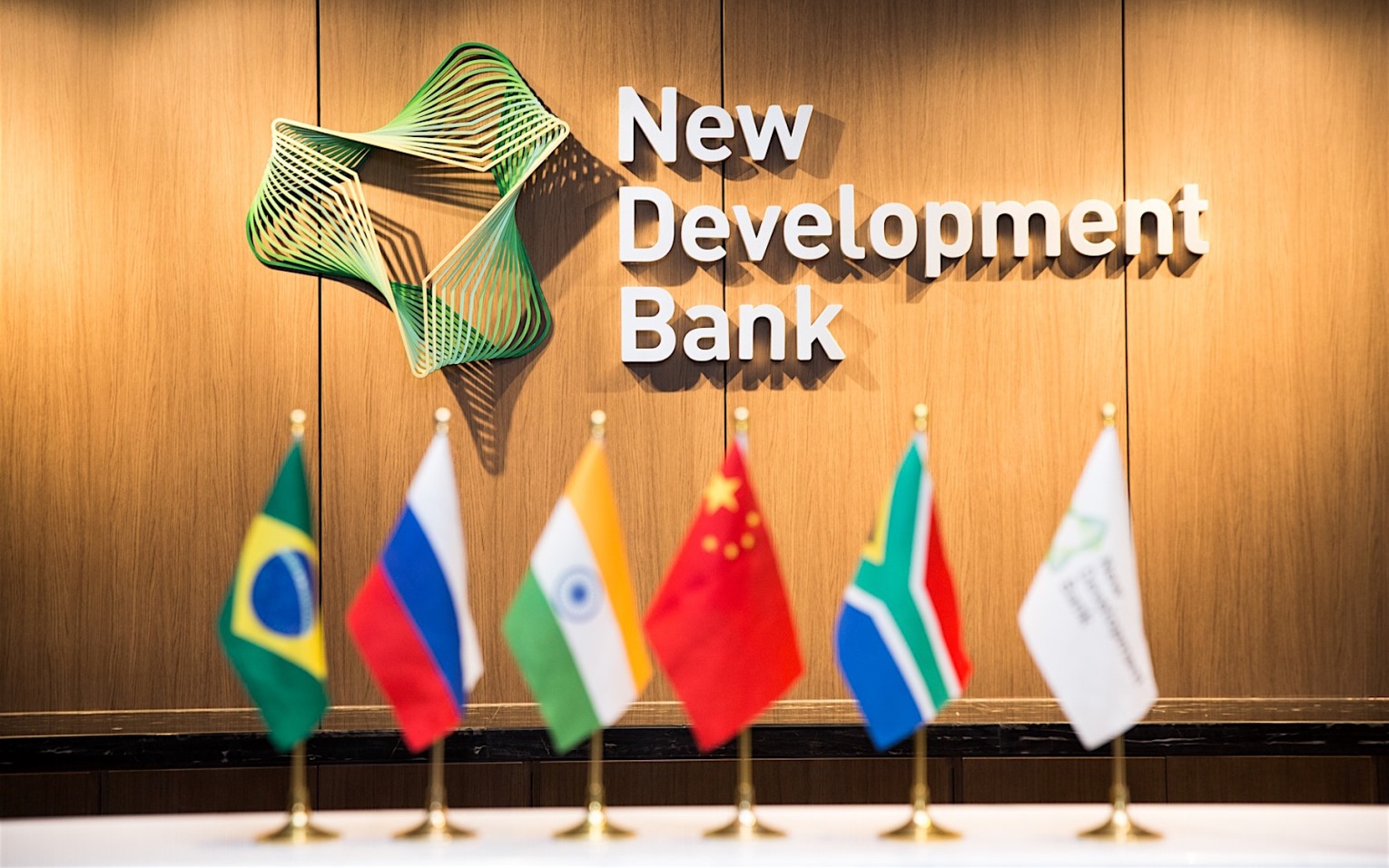


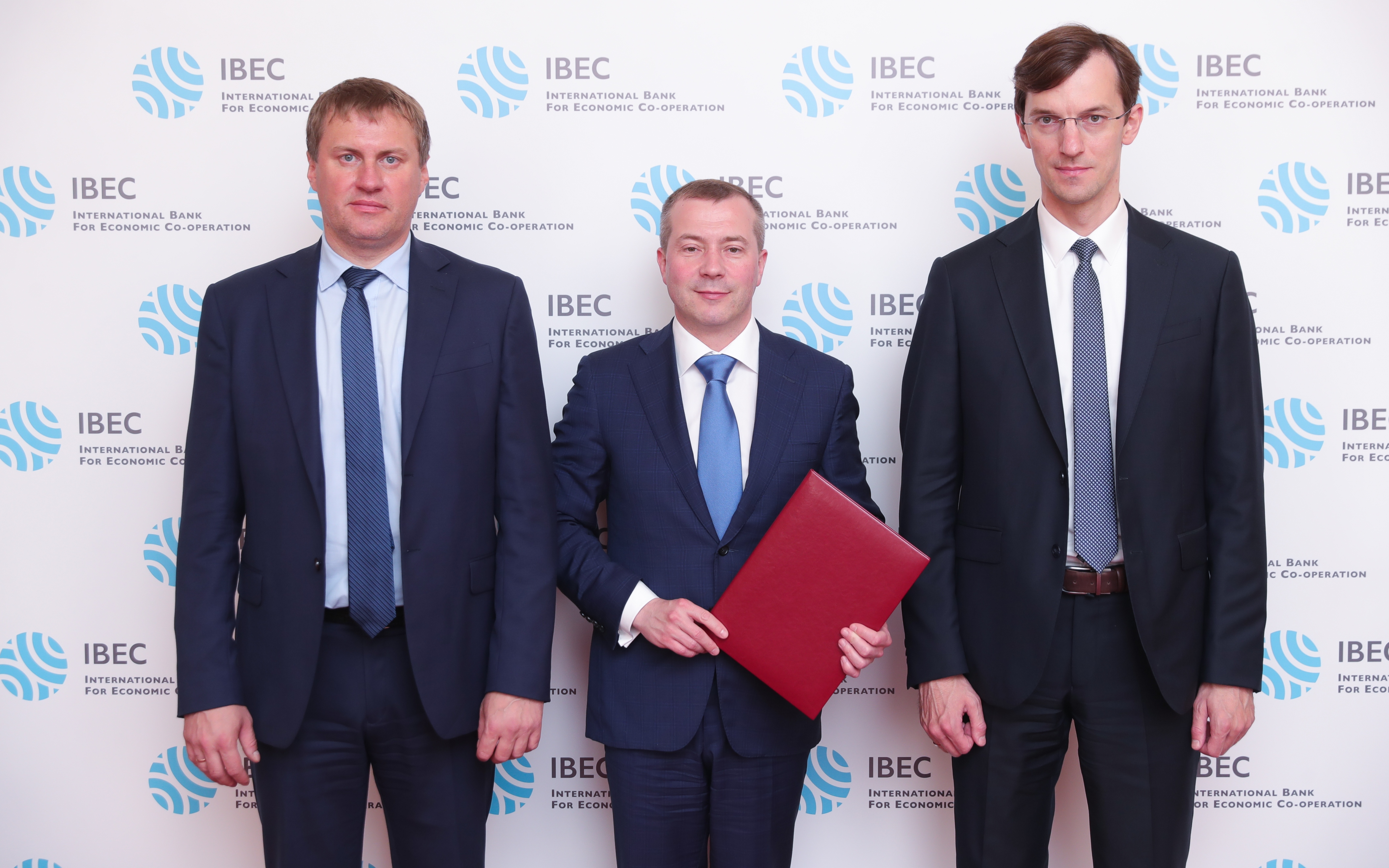
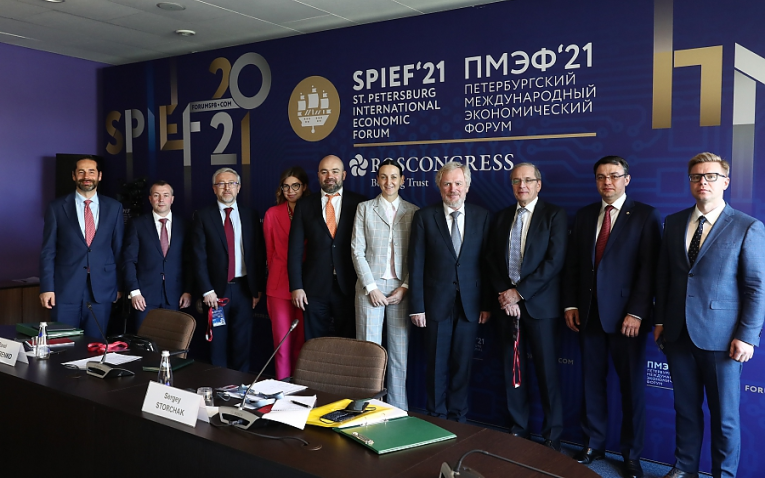
.jpg)
.jpg)
.jpg)


